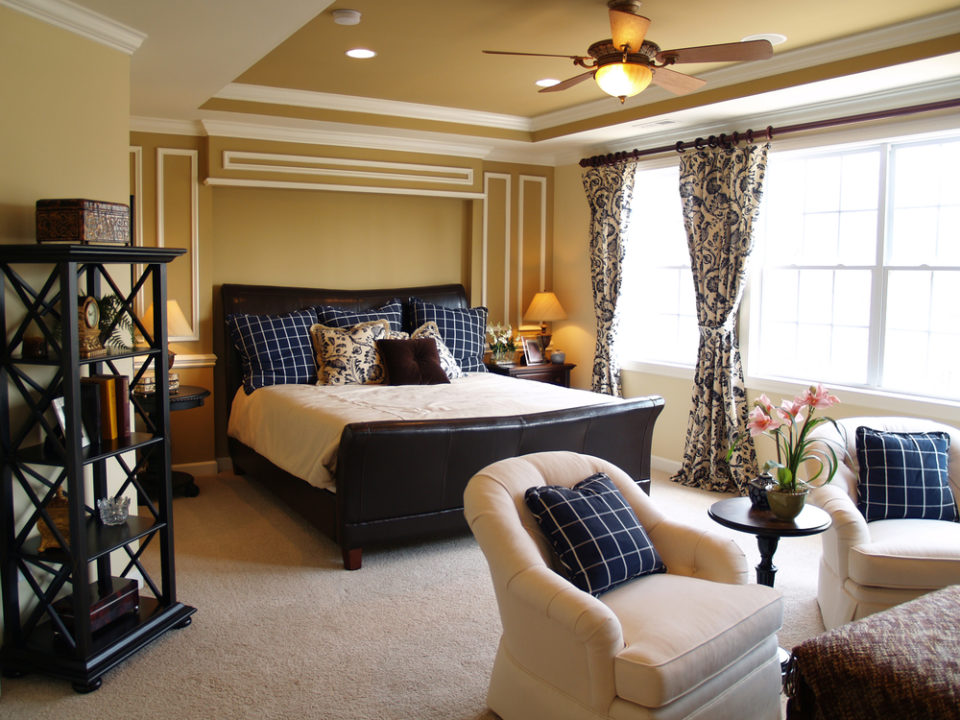Dust is an ever-present hazard in any home. Left unchecked, dust can clog air filters, accumulate in your bedding, and cause respiratory problems to flare up. Don’t let dust mites cause problems in your Pooler, Georgia, home. Use smart strategies to dust-proof your home and prevent future accumulation.
Cover Your Bed
Ideally, you’ll cover your mattress, pillows, and box springs when they’re brand-new to keep dust mites out. However, a zippered cover will still work on older items, as it seals existing dust and allergens inside the cover while keeping new ones from settling in these cozy areas. Make sure you select a cover that’s labeled as allergen-proof. Standard mattress pads are too porous and still let dust mites through. Cover all pillows in the room, including those that are more decorative than functional.
Launder Your Linens
You should wash linens at least once a week to kill dust mites and eliminate allergens. If someone in your home is particularly sensitive to dust and dander, launder these items more often. Wash all linens in water that’s at least 130 degrees. If you keep your home water heater set to a lower temperature to prevent scalding, you should take bedroom linens to a laundromat where you can use the proper water temperatures.
Wash Your Window Coverings
Many people overlook their bedroom windows when cleaning, but this is a prime area for dust and other allergens to accumulate. Avoid any type of fabric blinds and shades. Opt instead for wooden blinds that you can dust more easily. Make sure your window hangings are machine washable so you can take them down and launder them easily. If the residents of the bedroom suffer from allergies or asthma, you should wash the window coverings at least once a week.
Keep the Air Clean
It’s important to do all you can to keep the air clean in your home when you’re battling dust build-up. Change the filter in your HVAC system once a month and schedule professional HVAC maintenance annually.
Are you still noticing airborne dust dancing in slats of sunlight? A whole-house air cleaner can capture more dust and allergens than your average air filter can. Installing this fixture will purify your entire home and help relieve allergy and asthma symptoms.
Vacuum with a Better Filter
Every vacuum cleaner has a filter in it that captures dust and debris, much like the filter in your HVAC system. However, not all vacuums are created equal. If you’re concerned about airborne allergens in your home, a vacuum with a HEPA filter is your best option. Don’t attempt to put a HEPA filter in a product that isn’t made for it. It takes extra power to pull air through this extra-fine mesh. Upgrade to a quality vacuum that’s built to handle the job, and pull it out twice a week to keep dust at bay in your bedroom.
The carpet isn’t the only place you can use your vacuum. Vacuum any upholstered furniture in the room as well including plush headboards, chairs, and night stands with cloth drawers.
Protect Your Clothing
Though you may not realize it, your closet is a haven for dust mites. All that hanging clothing offers a soft, porous spot for dust mites to land. Clear out clutter in your closet. Store items that you don’t wear regularly in plastic lidded bins or plastic garment bags. Shoes just track dirt and dust into the bedroom. Create a storage space for shoes that’s near the door so they never need to enter your closet.
Care for Your Fan
Ceiling fans accumulate a lot of dust as they rotate through the air. Clean your fan at least twice a month to get rid of the dust. Spray a pillowcase with dusting spray, place it over the fan blades one at a time, and pull the dust neatly off.
If you need help eliminating the dust that’s circulating through your HVAC system, contact McDevitt Air at 877-692-9402. We’ll help you get dust and allergens under control.
Image provided by Shutterstock



